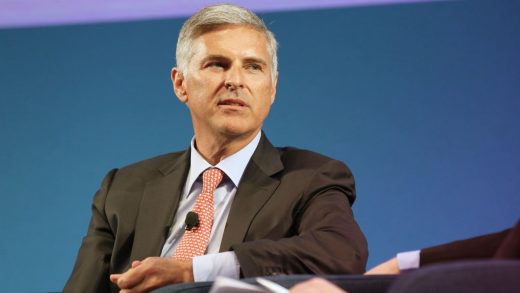Hilton wants to reach these sustainability standards by 2030
Luxury hotels are not exactly bastions of sustainability. The tourism industry, of which they are a part, accounts for nearly 10% of global greenhouse gas emissions, and hotels require an enormous amount of energy and water to maintain. There are around 400 rooms in the average hotel–imagine, for a second, how many loads of laundry must occur each day to wash all of those sheets.
Hilton, though, is undeterred by the industry’s shoddy sustainability track record, and announced a new set of ambitious goals that would align the company with the goals set by the Paris climate agreement of 2015. The hotel giant, which comprises brands like Embassy Suites and DoubleTree, wants to halve its environmental footprint by 2030, while also doubling its social impact investments.
“The work that we’re doing in this area is not new,” Hilton CEO Chris Nassetta tells Fast Company.
While the company has been working on reducing emissions and landfill dependency since 2008, the new benchmarks will require the company to bring the amount of room soap it sends to landfill down to zero (an industry first) and locally and sustainably source food across all its brands, while also reducing water and energy uses. In the social impact sphere, Hilton is pledging to up its sourcing from women and minority-owned suppliers while training staff in disaster relief and human trafficking intervention, for which hotels have an enormous responsibility that, as with sustainability, they have so far failed to meet.
(21)



